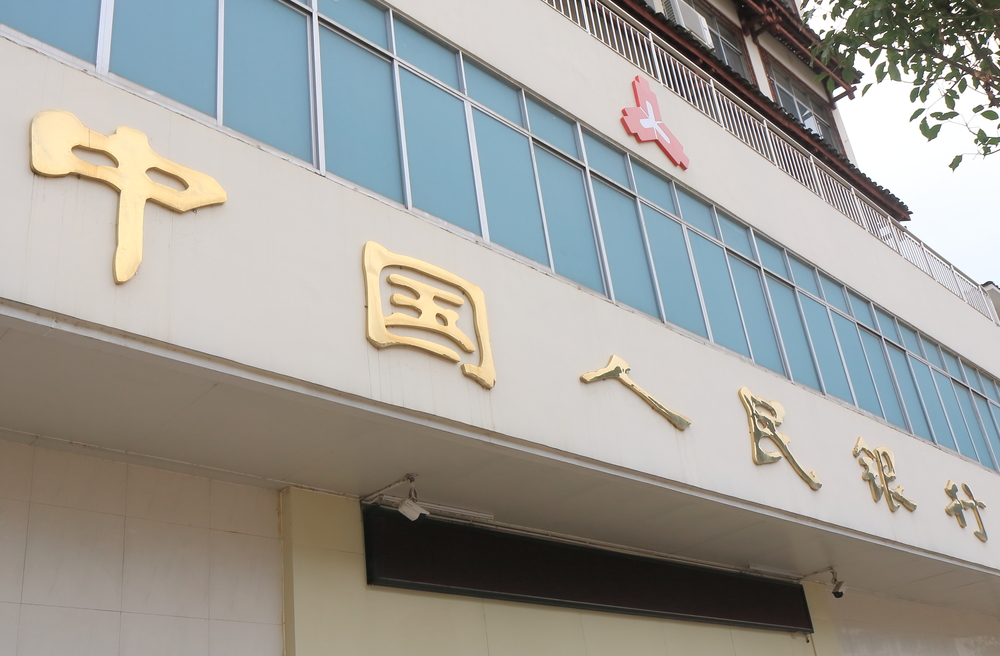China remains a very interesting place when it comes to cryptocurrencies. Although the People’s Bank of China has made CNY-based trading impossible, the Bitcoin price hasn’t suffered too much as a result. In fact, the Bitcoin price showed some signs of life this week, even though the PBoC plans a further crackdown.
PBoC Isn’t Letting Cryptocurrencies Breathe
The constricting attitude by the PBoC in regards to cryptocurrencies has become very apparent over the past few months. After banning CNY-based trading of Bitcoin and altcoins, it now seems the institution is looking for ways to crack down on this industry even further. That is not necessarily the development people are looking for, although it will not come as a big surprise.
Based on Chinese media reports, the PBoC wants to take “further action” against cryptocurrencies. As is usually the case, this information should be taken in stride and with a few grains of salt. It wouldn’t be the first time the media has misinterpreted information shared by the PBoC, especially when it comes to Bitcoin and other cryptocurrencies.
So far, it seems the current plan of action is to “intensify reforms” to promote the development of a national digital currency. Although it is not the first time we’ve seen the PBoC hint at creating its own version of Bitcoin – albeit a completely centralized one – things have not advanced much over the past year or so. It seems that situation may come to change very soon, as the project is still under development
Coupled with this effort will be an increased oversight of virtual currencies. The central bank wants to “rectify” these currencies, which is a rather odd way of phrasing things. It seems China will continue to shun all cryptocurrency activity for quite some time unless it applies to its own national digital currency. It’s a pretty worrisome attitude, although it remains unclear how things will pan out exactly.
One point about the country’s upcoming digital currency is that it may feature negative interest rates. In the financial sector, negative interest rates have become rather common, even though it is impossible to apply them to cash. As such, the switch to a national digital currency seemingly makes a lot of sense. After all, the currency will be fully controlled by the bank, and adding specific parameters can be done with a few clicks, so to speak. The country sees such a measure as a way to strengthen its interest rates. Cash has an adverse effect on these rates, which skews the bigger picture.
It is evident the development of this new digital currency will require a fair bit of time and effort, and it remains to be seen how all of this will play out in the coming months. A heightened crackdown on cryptocurrencies will commence pretty soon, though, by the look of things.

